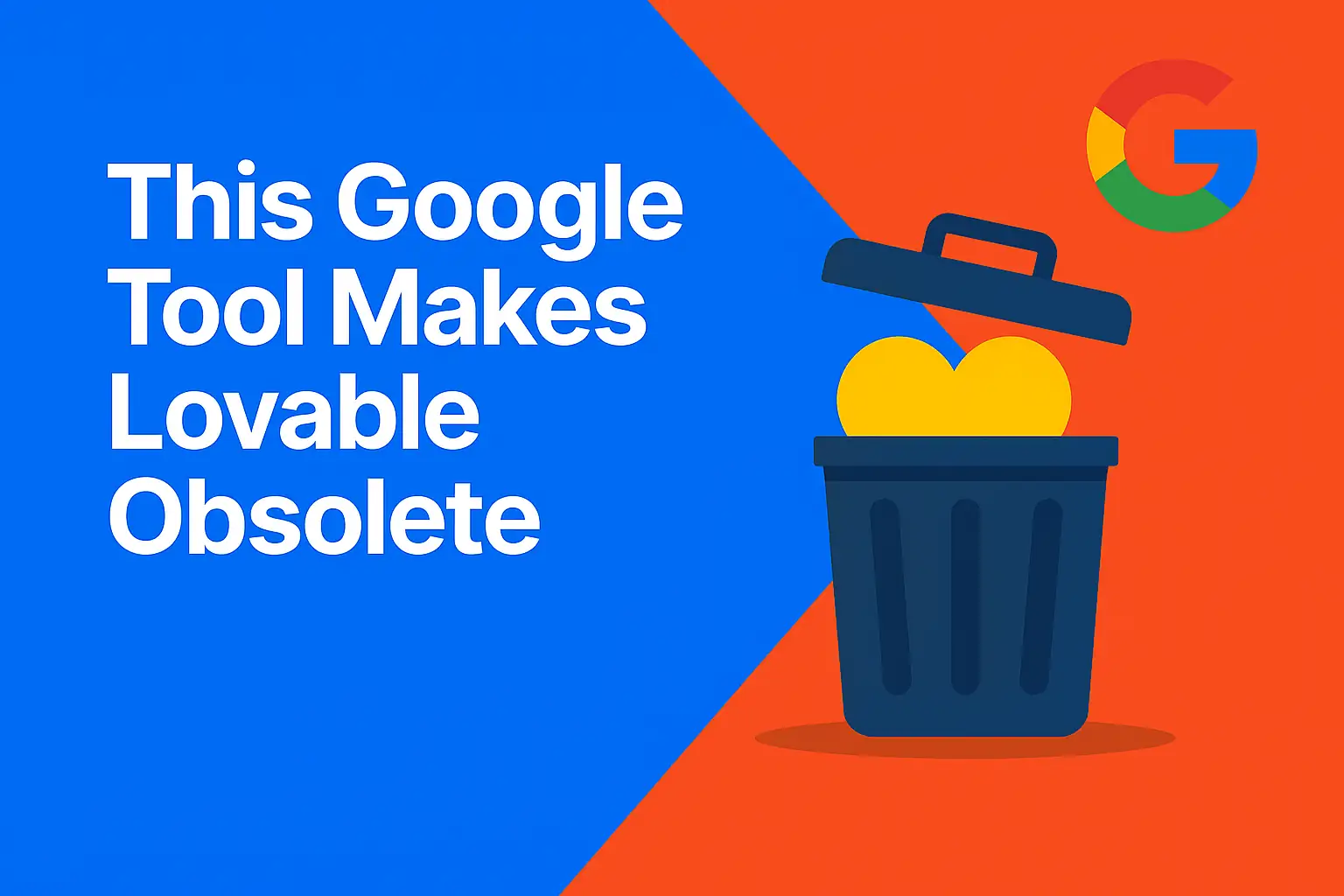
Why Google AI Studio Could Be the Most Powerful No-Code AI Builder Yet
- What Google AI Studio actually is
- Key features that make it stand out
- Practical examples of what you can build
- Why it matters for creators and developers
- How it fits into the Google ecosystem
- A glimpse into the future of AI app creation
What Google AI Studio actually is
Google AI Studio is an experimental development environment designed to make building AI-driven apps as simple as writing a prompt. It runs entirely in your browser, powered by Google’s Gemini models and supported by integrations across Maps, Search, and even creative tools like VideoGen and NanoBanana. The idea is to lower the barrier between imagination and execution — so anyone can go from concept to working prototype without needing to know how to code.
The interface feels almost like Google Docs for app builders. You describe what you want, tweak a few settings, and within moments, your app is live. You can even publish it directly to the web or export it to GitHub with a single click.
Key features that make it stand out
AI Studio packs a surprising amount of functionality into a simple interface. Here are the highlights:
- Instant creation: Describe your idea and let Gemini handle the logic, user flow, and layout.
- Zero setup: No tokens, API keys, or SDKs. Everything runs under your Google account, ready to use from the first second.
- One-click deployment: Publish apps instantly to Google-hosted environments or sync directly to your GitHub repo.
- Cookbook library: Explore hundreds of ready-to-go templates for apps like chatbots, dashboards, and creative generators.
- Full ecosystem access: Integrate seamlessly with Maps, Search, Drive, and Gemini’s multimodal capabilities for text, image, and video.
- Completely free (for now): AI Studio is open to anyone through aistudio.google.com/apps during its beta phase.
Practical examples of what you can build
AI Studio isn’t a toy — it’s a real production environment for functional apps. You can create projects like:
- Travel inspiration apps: Combine Gemini with Google Maps to generate weekend getaway suggestions with live flight and hotel data.
- Productivity copilots: Integrate with Google Drive or Gmail to summarize emails, schedule meetings, or write content summaries.
- Video generators: Turn a blog post into a narrated video using VideoGen and NanoBanana for visual composition.
- Educational assistants: Let students upload PDFs and get interactive study guides generated automatically.
- Marketing assistants: Produce and analyze ad copy, suggest keywords, and prepare SEO-ready landing pages.
Each of these can be built, tested, and shared in minutes — not days. What’s more, the interface updates in real time as you refine your prompt, letting you co-create with Gemini directly on screen.
Why it matters for creators and developers
The impact of AI Studio goes beyond ease of use. It represents a shift in how we think about development itself. Instead of writing endless lines of code, you focus on describing goals, structure, and tone. Google calls this new paradigm “vibe coding” — building through intent rather than syntax.
For independent creators, it means they can turn ideas into products faster. For startups, it shortens the prototyping phase drastically. And for developers, it provides a testing ground to connect APIs, train workflows, or even fine-tune Gemini models directly from one place.
Think of AI Studio as a meeting point between imagination and execution — a place where developers and non-developers can collaborate equally.
How it fits into the Google ecosystem
One of the biggest advantages of AI Studio is how naturally it integrates into Google’s ecosystem. Because it’s part of the Gemini framework, your projects can tap into the same infrastructure that powers Google Search, YouTube, and Maps. That means real-time data access, high uptime, and global scalability right out of the box.
For example, you can build an app that uses Gemini for reasoning, Maps for geolocation, and Search for fetching fresh data — all within a single environment. No more API juggling, no rate-limit frustrations, and no authentication headaches. It’s a unified developer experience that’s rare even among big tech platforms.
Beyond integrations, AI Studio also supports direct export to Vertex AI: teams can move from prototype to production seamlessly. In short, Google isn’t just offering a new tool — it’s building the bridge between casual builders and enterprise-grade AI deployment.
A glimpse into the future of AI app creation
AI Studio hints at something bigger: the gradual merging of creativity, design, and programming into one continuous process. It’s not just about simplifying development — it’s about redefining who gets to build.
In the near future, we might see marketers designing interactive campaigns, teachers building personalized learning tools, and journalists creating live data dashboards — all inside AI Studio, without writing code. This is how AI development becomes mainstream: not by replacing engineers, but by giving everyone else a seat at the table.
Google’s track record in democratizing technology (from Search to Docs to Cloud) suggests that AI Studio could become another foundational layer in the creative stack. As more features roll out — like integration with Gemini 2.5, real-time collaboration, and visual app builders — it’s easy to imagine entire teams co-building in one shared AI space.
If you haven’t tried it yet, you can start experimenting today at aistudio.google.com/apps. Once you do, you’ll see why this feels like the beginning of a new era — one where app creation is no longer about syntax, but about ideas.
The future of coding isn’t in lines. It’s in intent. And AI Studio is the first tool that truly captures that shift.